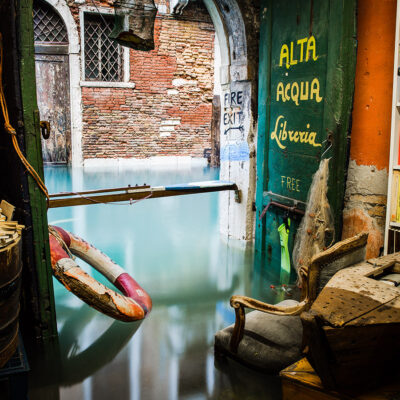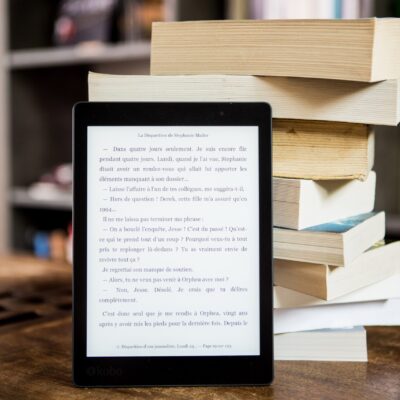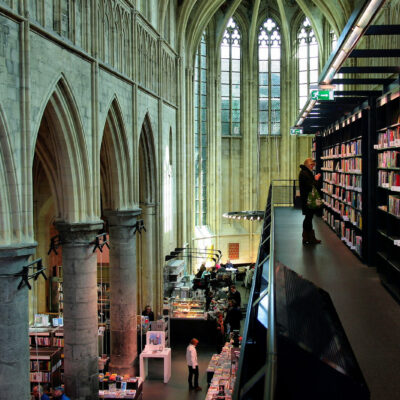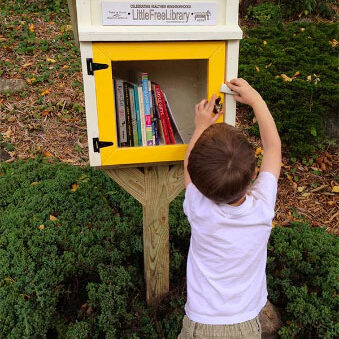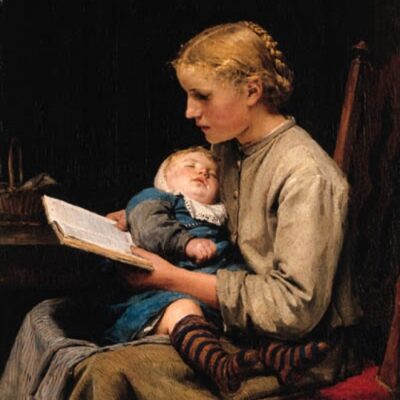The Weekend: A Novel by Charlotte Wood
Let us begin with Wendy, on her way to Sylvie and Gail’s beach house, driving her (way past its sell date) car. Sylvie has recently died, and her partner Gail has asked their three best friends Wendy, Jude, and Adele to come take anything they want from the house before she sells it. Wendy’s car breaks down on the way there and she calls for roadside assistance, waiting with her (way past his sell date) dog Finn, who sits traumatized in her lap.
She exhaled, long and slow, a restfulness beginning to drift over her, and at that moment she felt the horrible, inevitable flood of the dog’s hot piss soaking her lap and her trousers. “Oh Finn.” She held her breath as her poor boy’s piss trickled down to soak the cloth of the upholstery beneath her, and the hot misery of it mingled with the salt of her open tears on her skin and the sticky, unbearable heat of this impossible day. She patted poor Finn, wound down the window a little more, and went back to counting her breaths. [p. 23]
So begins this superb novel about three aging friends who fret less about incontinence and sagging boobs than irrelevance. They are concerned with what they want more than what they have lost and where they are in their careers. They wonder what to do with the wisdom they’ve accumulated over a lifetime, and if they can sustain their friendship with one of them gone and all of them grieving.
The thirties were the age you fell most dangerously in love, Adele had discovered, after the fact. Not with a man or a woman but with your friends. Lovers back then came and went like the weather (or were sent away like Ray when they found out he’d belted her, poor Lance, absolutely petrified but still confronting Ray at his own front door, telling him to pack his stuff and fuck off, the blood draining from his face only after they’d dead-bolted the door and heard the car roar away, and they all sat in silence on the couch). No, it wasn’t lovers but friends-these courageous, shining people-you pursued, romanced with dinner and gifts and weekends away. It was so long ago. Forty years! But it was like looking through water; some things were magnified, their colors more intense. It was a vivid, blossoming time. They saw their best selves in one another, meeting at the Waterside, where Jude kept the corner table for them and sent over special little morsels and glasses of champagne. Adele would come in late from the theater, still in her stage makeup, and they’d cheer and open their arms to her, pulling her into their circle. Lance and Wendy, Sylvie and Gail, everybody smoking and laughing and grandly shouting. Jude would eventually drop into a seat beside them and eye a waiter, who immediately brought more champagne.
Jude was no doubt already seeing Daniel even then, gliding between the bar where he sat and their table, then back again. Always holding herself just a little bit separate, even then. Not that any of them noticed; they just adored Jude’s cool panache. How had they all come together anyway? Wendy knew Sylvie from Oxford, and Jude’s restaurant was a few doors from the theater….Adele couldn’t remember how else-did she meet Sylvie at one of Jude’s famous parties?-but one by one they were drawn into the current of the others, and they fell in love and stayed there. [pp. 69-70]
As noted in a Kirkus review, largely observing the classical unities of time, place, and action, The Weekend plays out like a small theatrical drama, a chamber piece in which the three characters, both individually and as a group, confront the limits of their friendship. The time is Christmas, the place is Sylvie’s appealing but decaying seaside home in Bittoes, not far from Sydney, and the action spans the weekend during which Jude, Wendy, and Adele, friends for 40 years, meet to empty the place of Sylvie’s belongings.
The time spent together prompts the women to take inventories of their own lives too: achievements and failures, lucky breaks, and lost opportunities. And what I liked most about The Weekend is that each of its amazing protagonists is still adamantly fighting to stay significant.
People like Wendy had had her turn; that’s what she was supposed to accept now. It was time for her to go away, to step back. The fish reached the water surface. She could see no eyes, but its tiny mouth opened and closed into the air, patiently seeking. Yes. Life-ideas, thinking, experience-was still there, to be mastered, expressed, in the way that only she could do it. She had not finished her turn, would not sink down. She wanted more. [pp. 182-183]
I loved The Weekend and also wanted to recommend Charlotte Wood’s 2015 novel The Natural Way of Things. “It is a difficult book to read, but we should not look away. It is a harrowing account of ten young women who find themselves held captive because their mere existence, their abuse, or their truth, has become inconvenient to our male-dominated culture. It is an unflinching indictment of modern culture and both men and women are accountable. What is the “natural” way of things? Is it for men to subjugate women and women to be sex objects and servants? Wood spins the story almost as an allegory, myth, or fairy-tale, but the message is like a baseball bat to the head.” (Amazon Customer Review)
For more information about Charlotte Wood, check out her excellent, comprehensive website. It’s filled with information for and about writers!

